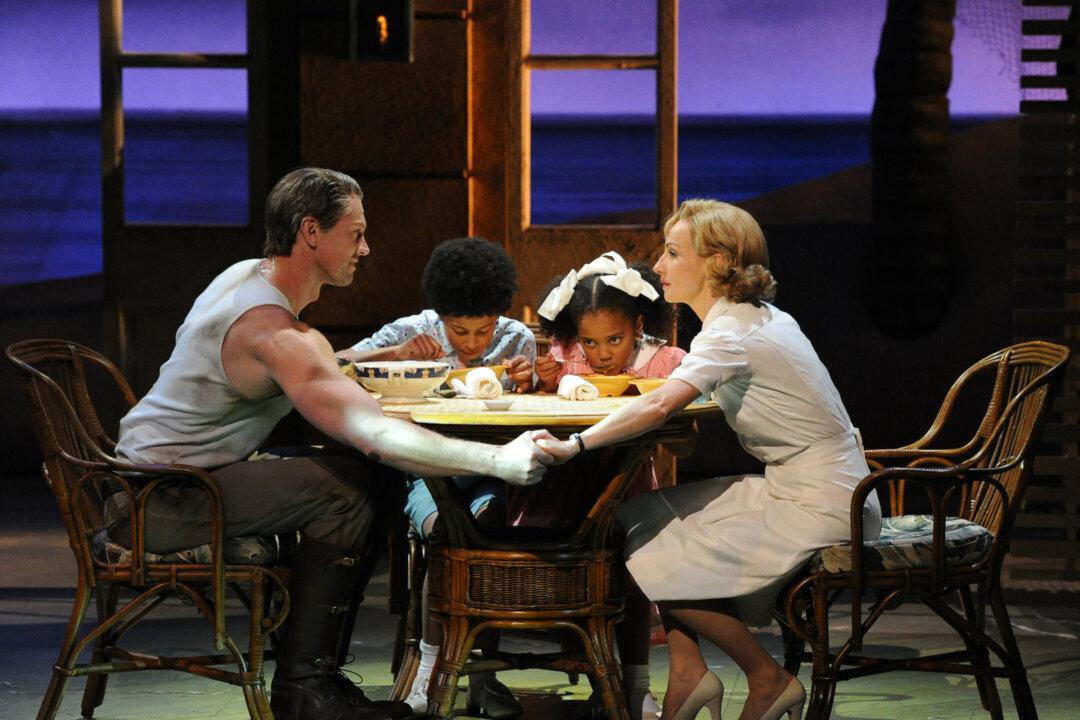“You’ve got to be taught to be afraid/ Of people whose eyes are oddly made/ And people whose skin is a different shade/ You’ve got to be carefully taught,” sings Lt. Cable in “South Pacific,” objecting bitterly to the prejudice that has kept him from committing to the Tonkinese woman he loves.
In 1950, a year after “South Pacific” opened on Broadway, the censors in South Africa demanded that Richard Rodgers and Oscar Hammerstein II remove those lyrics from a Johannesburg staging of the Pulitzer Prize-winning musical. The famed songwriting team refused, shutting down the production entirely. Lt. Cable’s sentiment was central to the show’s premise that the Western, middle-class values of individual worth and responsibility applied to everyone, not just to white people. It was a profoundly antiracist statement and remains one today.






